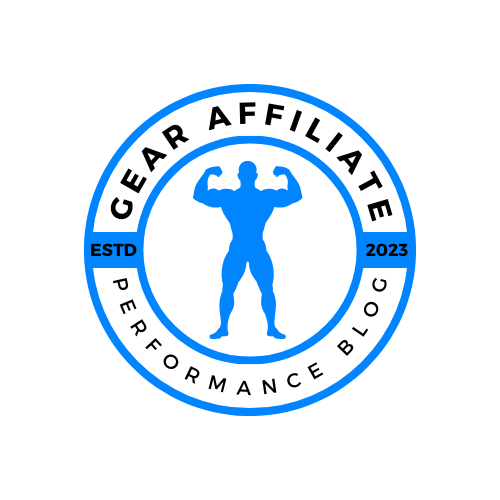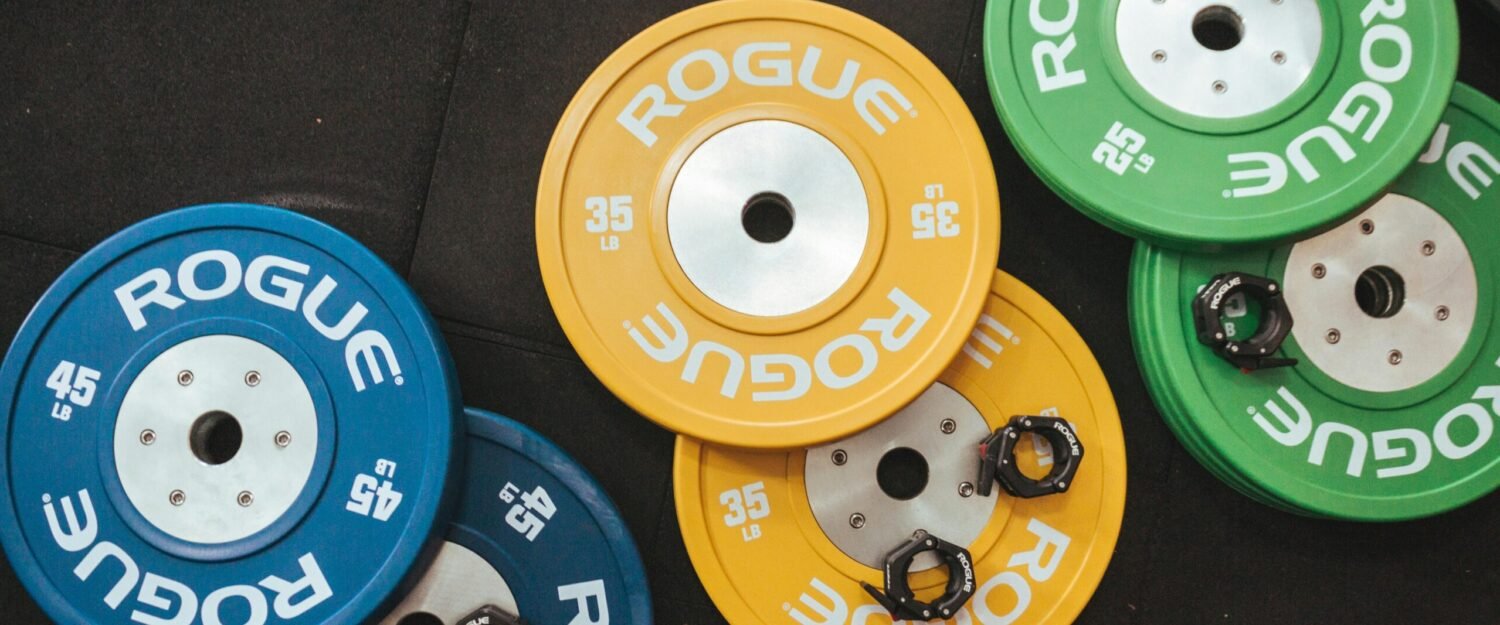
Understanding Nutrition Timing
Nutrition timing is a strategic approach that focuses on the optimal intake of nutrients related to training and physical activities. The premise is simple yet essential: when you eat can be just as crucial as what you eat. This concept plays a significant role in enhancing workout performance and facilitating recovery. By carefully timing the consumption of carbohydrates, proteins, and fats, individuals can maximize their energy levels and efficiency during workouts, as well as improve muscle recovery afterward.
The science behind nutrition timing centers around the body’s metabolic responses to food intake around exercise periods. Consuming the right nutrients before and after a workout can significantly impact energy availability and recovery. For instance, eating a meal rich in carbohydrates and proteins shortly before training can enhance glycogen storage, which can be crucial for maintaining energy levels during exercise. Concurrently, post-workout nutrition is vital for muscle recovery and growth; consuming a combination of protein and carbohydrates after a workout helps replenish glycogen stores and repair muscle tissues that are stressed during exercise.
Furthermore, the principles of nutrition timing guide individuals in personalizing their dietary habits to coincide with their workout schedules. This relates closely to “when to eat for working out” and can vary based on individual goals—whether one aims to build muscle, lose fat, or improve endurance. Timing becomes a pivotal factor in achieving these outcomes, as it directly influences hormonal responses and nutrient absorption. Therefore, understanding nutrition timing not only aids in fueling workouts effectively but also optimizes the recovery process, leading to improved overall workout results.
Pre-Workout Nutrition: Fueling Your Body for Success
Prior to engaging in physical activity, understanding nutrition timing is critical to maximizing performance and achieving desired results. Pre-workout nutrition primarily hinges on the consumption of carbohydrates, proteins, and adequate hydration. Carbohydrates act as the primary energy source for the body, making it essential to include them in your pre-workout meal or snack. Foods rich in complex carbohydrates, like oats, whole grain bread, or brown rice, provide sustained energy and contribute to improved endurance.
In addition to carbohydrates, protein plays a vital role in muscle preservation and repair. Including a source of protein in your meal or snack can help maintain muscle mass, especially during intense workout regimes. Options such as Greek yogurt, cottage cheese, or protein shakes can serve as effective pre-workout fuel. The timing of your pre-workout meal is equally important, as it determines how much energy is available during your workout. Typically, consuming a meal 2-3 hours before exercising is ideal, while a smaller snack can be taken 30 minutes to 1 hour prior.
Moreover, hydration cannot be overlooked in the context of nutrition timing. Ensuring that your body is well-hydrated before a workout can enhance performance and reduce the risk of injury. Aim to drink water consistently throughout the day, and consider having a glass approximately 30 minutes before your session. It is also essential to personalize your pre-workout nutrition based on individual factors such as workout intensity, fitness goals, and any dietary restrictions. For instance, those engaging in lighter exercises may opt for a simple carbohydrate-rich snack, while athletes involved in heavy training might require a more substantial meal for optimal performance. By tailoring your approach, you can effectively harness the benefits of nutrition timing, thereby ensuring a successful workout experience.
Post-Workout Nutrition: Enhancing Recovery and Rebuilding
Post-workout nutrition plays a vital role in recovery and muscle rebuilding. After an intense workout, the body undergoes significant stress and depletion of energy reserves, making it essential to replenish nutrients promptly. Within the window of 30 minutes to two hours post-exercise, athletes and fitness enthusiasts should focus on consuming a balanced meal that includes high-quality proteins and carbohydrates. These macronutrients are critical in aiding muscle repair and restoring glycogen levels.
Proteins are the building blocks of muscles and are crucial for recovery. Consuming protein after a workout stimulates muscle protein synthesis, which is essential for repairing damaged tissues. Recommended sources of post-workout protein include lean meats, poultry, fish, eggs, dairy products, and plant-based proteins such as beans and legumes. Ideally, a meal or snack should contain approximately 20 to 30 grams of protein to optimize recovery.
Alongside protein, carbohydrates are equally important as they help replenish glycogen stores that are depleted during exercise. Incorporating carbohydrates helps to restore energy levels and facilitates better performance in subsequent workouts. Good sources of carbohydrates for post-workout meals include whole grains, fruits, and starchy vegetables. A combination of both protein and carbohydrates will maximize recovery and enhance muscle rebuilding.
Timing is crucial when considering nutrition after workouts. Consuming a meal containing both protein and carbohydrates shortly after exercising maximizes the benefits of nutrition timing. Full meals or snacks can significantly improve recovery speed and overall performance in future workouts. For convenience, individuals might consider options such as protein shakes combined with a banana, yogurt with granola, or a turkey sandwich on whole-grain bread. These combinations not only support recovery but also contribute to taking a strategic approach to when to eat for working out.
Ultimately, prioritizing post-workout nutrition is essential for anyone serious about their fitness regimen. By paying attention to meal timing and composition, individuals can enhance their recovery processes and better prepare for their next workout session.
Adjusting Nutrition Timing for Different Goals
Nutrition timing plays a vital role in optimizing performance and recovery, especially as it pertains to individual fitness goals. The strategies employed for when to eat for working out should be tailored to specific objectives such as weight loss, muscle gain, or endurance training. Each aim requires unique considerations regarding the timing and composition of meals.
For those focused on weight loss, the primary goal is often creating a caloric deficit while maintaining energy levels for workouts. Nutrition timing in this context can involve consuming smaller, nutrient-dense meals throughout the day, incorporating a pre-workout snack that includes carbohydrates and protein. This approach can help to maintain muscle mass while providing the necessary energy to fuel workouts. Post-workout nutrition should likewise focus on repairing muscles and replenishing energy stores, typically emphasizing protein and healthy fats.
Conversely, individuals targeting muscle gain may benefit from a different strategy. Nutrition timing becomes critical in this scenario, with a focus on consuming sufficient calories and protein before and after workouts. A pre-workout meal rich in complex carbohydrates and protein helps sustain energy levels and promotes muscle protein synthesis. Following the workout, consuming a meal or snack that is high in protein and carbohydrates can aid in recovery and enhance muscle growth.
Endurance athletes have distinct nutritional demands that can be addressed through specific timing strategies. For these individuals, meals consumed before exercise should focus on maximizing glycogen stores, typically rich in carbohydrates. After the activity, an emphasis on replenishing lost electrolytes and carbohydrates, along with protein, is critical to effective recovery and preparation for subsequent training sessions.
It is also essential to consider workout times throughout the day when developing an effective nutrition timing strategy. Individuals exercising in the morning may need to prioritize quick, easily digestible meals, whereas those working out later might have the luxury of longer meal preparation times. Each unique fitness goal necessitates its own thoughtful approach to nutrition timing, ensuring optimal results are achieved over time.
If you found this post to be helpful, then you may be interested in the rest of our blog page here.
At Gear Affiliate, we always want to give our readers more resources to research. Below are a few sources that we have found to be helpful relating to this topic.
Video Links: Video 1, Video 2.
Discover more from GearAffiliate
Subscribe to get the latest posts sent to your email.

